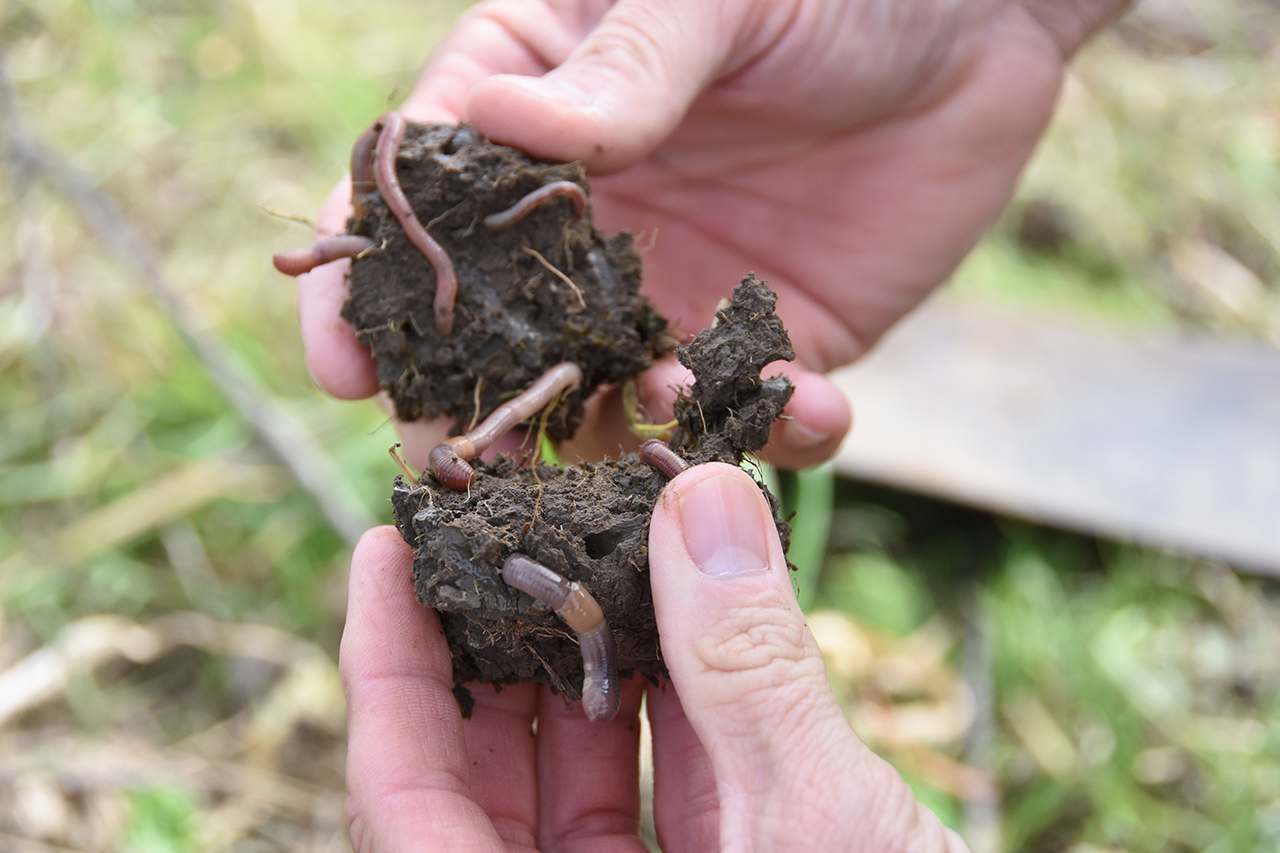By Patrick Myers and Kestrel Burcham
The US Department of Agriculture (USDA) recently stated its commitment to climate change mitigation.
If true, the USDA must focus on improving and supporting authentic organic farmers—systems thinkers who farm with the ecology of the land in mind and work with natural systems to foster healthy soil and support biodiversity. Organic farming is an important tool to combat the biggest environmental challenge of our time.
New and developing science shows that organic agriculture is a boon to climate health. Organic crops have an immediate benefit of 30% fewer greenhouse gas emissions when compared to conventional, chemically dependent systems, primarily because synthetic fertilizers are prohibited by the organic regulations.
Supporting current and transitioning organic farmers is critical for good climate policy.
Yet the playing field for community-scale organic farmers is painfully uneven, and transitioning from conventional to organic farming is increasingly difficult. Small-scale farmers are continuously pushed off the land by large corporate operations that take advantage of loopholes in organic regulations and contribute to our climate crisis, and incentives for farmers to transition from conventional to organic are slowly eroding.
Below are steps the USDA can take to bolster organic farming and protect the organic farmers already doing the most to mitigate the global crisis of climate change:
Close loopholes in the USDA Organic label
Industrial agriculture has perfected the art of identifying and exploiting loopholes that cut corners and costs. These loopholes have gone unaddressed for years, resulting in inconsistencies that are the antithesis of climate-smart agriculture.
Two of the most egregious examples include the inclusion of soilless production in the organic industry (farming without soil is energy intensive and requires a constant flow of inputs for fertility) and a rule that allows farmers to cycle conventional livestock in and out of dairy production while still labeling the end product as “organic” (removing climate advantages of livestock being raised in a closed-loop system).
Reimburse farmers for their certification costs
In 2020, USDA announced it would reduce reimbursements to organic farmers under the Organic Certification Cost Share Program. This program now covers only half of the costs, up to $500 per scope. Organic farmers that raise poultry or livestock and produce an array of crops are certified under multiple scopes, meaning they proportionally pay more than farmers who are certified to produce only crops or only livestock. These diversified farms cycle nutrients between animals and crops and rely on reimbursements to continue their climate-smart farming practices.
The USDA should increase reimbursement rates to better support authentic organic farmers.
Improve rules and regulations for organic farmers–and the enforcement of existing rules
Although the organic law clearly outlines the importance of biodiversity and soil stewardship, organic rules and regulations should be more stringent. Strengthening these rules and their enforcement would protect the integrity of the organic seal, ensure a fair market for organic products, and promote climate-friendly practices.
Cornucopia supports regulation to reverse an existing perverse incentive that encourages farmers to convert wild, native ecosystems to organic farmland.
Increase funding for programs addressing climate-smart agriculture.
The USDA should increase funding for programs that are working to improve soil health, carbon sequestration, and land stewardship practices, such as the Agricultural Conservation Easement Program.
Incentivize farmers to transition from conventional to organic
Farmers across the country should be encouraged to transition from conventional farming practices to organic. When farmers transition to organic, they give up synthetic fertilizers and the most toxic pesticides, which comes with an immediate climate-benefit. They then incorporate management practices, such as rotational grazing and cover cropping, that have known benefits for climate health.
For a deeper dive into Cornucopia’s stance on organic farming’s relationship to climate change mitigation, and how the USDA can incentivize more farmers to adopt climate-friendly practices, read our public comment on tackling the climate crisis at home and abroad.
This is part one of a series on the relationship between organic farming and climate change.


